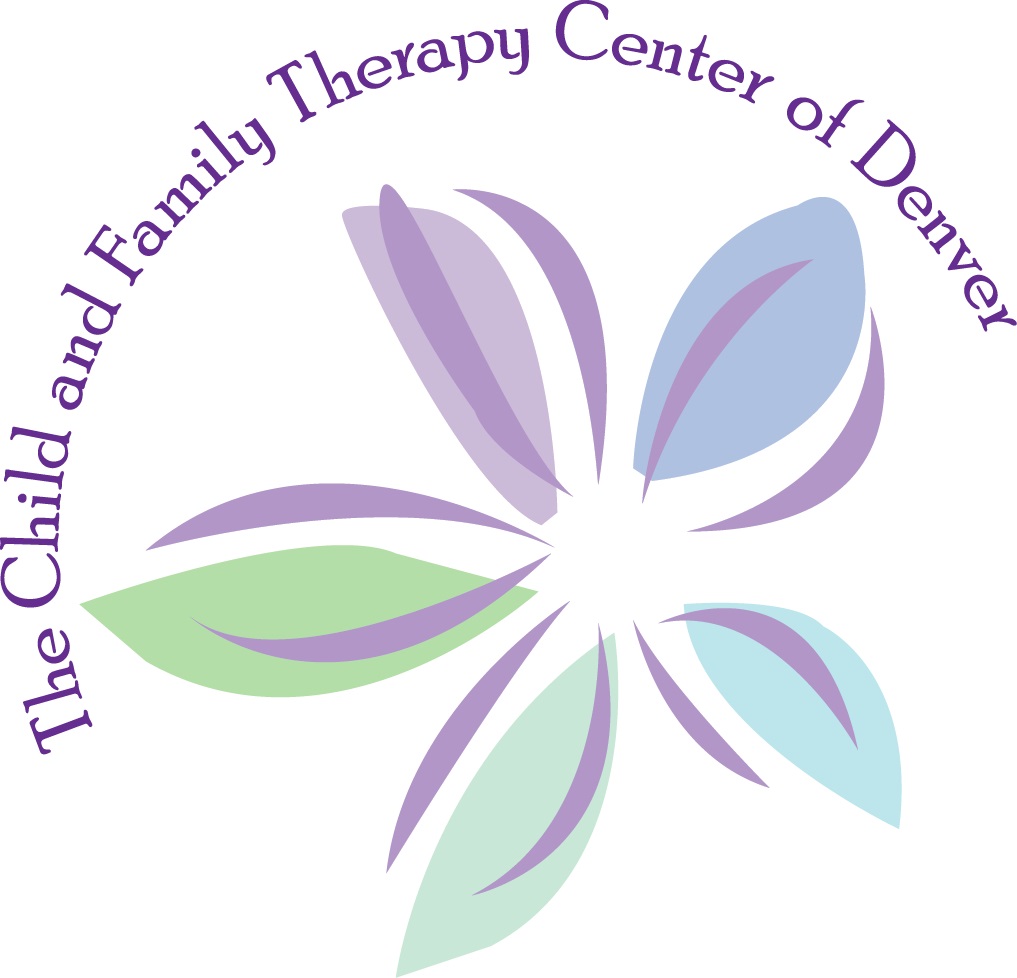An Introduction to Play Therapy: How It Benefits Children’s Emotional Growth
In today’s fast-paced world, children often face emotional and behavioral challenges that can affect their development and well-being. Play therapy is a powerful therapeutic approach that helps children navigate these challenges by utilizing their natural language – play. This article introduces play therapy, exploring its core principles, benefits, and how it fosters emotional growth in children.
What is Play Therapy?
Play therapy is a specialized form of psychotherapy designed for children between the ages of 3 and 12. It incorporates play as a medium for self-expression and communication, enabling children to explore and resolve issues that may be difficult for them to articulate verbally. Play therapy can address a wide range of concerns, including anxiety, depression, trauma, social skills deficits, and behavioral issues.
The Core Principles of Play Therapy
Child-centered approach: Play therapy emphasizes the child’s individual needs, creating a safe and supportive environment for them to freely express their feelings and emotions.
Non-directive play: Therapists encourage children to engage in spontaneous and imaginative play, allowing them to lead the process and choose the toys and activities they prefer.
Therapeutic relationship: The bond between the child and therapist is crucial in play therapy. Therapists build trust and rapport with children, helping them feel comfortable and secure.
Symbolic play: Children often use toys and objects to represent their feelings, experiences, and relationships. Therapists help children make sense of these symbols to facilitate emotional healing.
How Play Therapy Benefits Children’s Emotional Growth
Emotional expression: Play therapy provides a safe space for children to express their emotions openly and without judgment. Through play, children can convey complex feelings such as anger, sadness, and fear, which they may not be able to express verbally.
Self-awareness and understanding: As children engage in play therapy, they gain a deeper understanding of their emotions, thoughts, and behaviors. This self-awareness helps them develop healthier coping mechanisms and emotional regulation skills.
Problem-solving and resilience: Play therapy allows children to confront and work through difficult situations in a controlled environment. By addressing these challenges, children learn to develop problem-solving skills and build resilience.
Social skills development: During play therapy sessions, children practice essential social skills such as communication, empathy, and cooperation. This helps improve their interpersonal relationships and overall social functioning.
Healing from trauma: Play therapy can help children process and heal from traumatic experiences. By reenacting and symbolically resolving the trauma, children can gain a sense of control and empowerment.
Play therapy is a powerful tool for promoting children’s emotional growth and well-being. By providing a safe and supportive environment, children can express their emotions, develop self-awareness, build resilience, and improve their social skills. If you believe your child could benefit from play therapy, consult a qualified mental health professional in your area who specializes in this approach.
